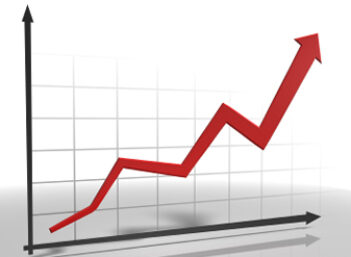What is Market Arbitrage?
Market arbitrage is a trading strategy whereby a trader sells a security in one market and buys the same security in another market.
How Does Market Arbitrage Work?
The practice of market arbitrage is based on assuming that an asset traded worldwide is priced differently in different markets. That is, the same stock may have a market value in Europe that is different from its value on the New York Stock Exchange (NYSE).
For example, if Company XYZ's stock trades at $5.00 per share on the New York Stock Exchange (NYSE) and the equivalent of $5.05 on the London Stock Exchange (LSE), an arbitrageur would purchase the stock for $5 on the NYSE and sell it on the LSE for $5.05 -- pocketing the difference of $0.05 per share.
In theory, the prices for the same asset on both exchanges should be equal at all times, but market arbitrage opportunities arise when they're not. Market arbitrage is a riskless activity because traders are simply buying and selling equal amounts of the same asset at the same time. For this reason, arbitrage is often referred to as 'riskless profit.'
Why Does Market Arbitrage Matter?
Market arbitrageurs assume the risk that the price of a security in the offsetting market may rise unexpectedly and result in a loss. In theory, market arbitrage opportunities should only exist for a short time because security prices adjust according to forces of supply and demand.
Primarily, large institutional investors and hedge funds are the ones capable of profiting from market arbitrage opportunities. The spread between unequally priced securities is usually only a few cents, so very large amounts of capital are required in order to make substantial profits.



